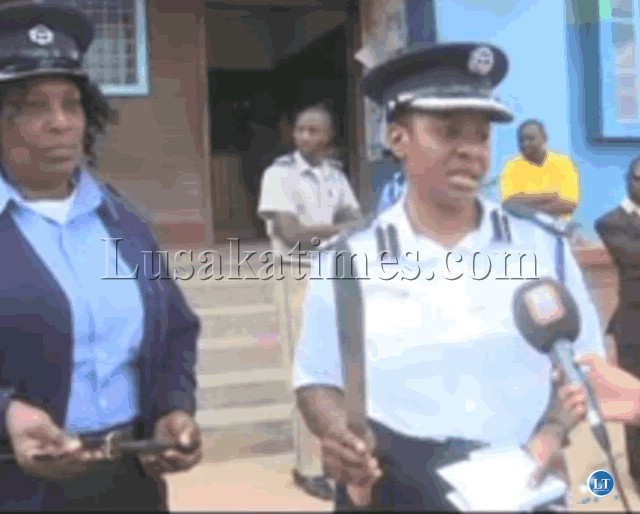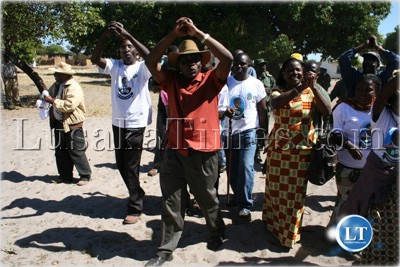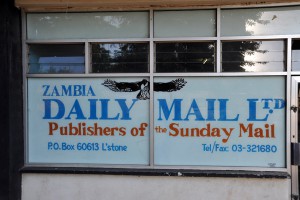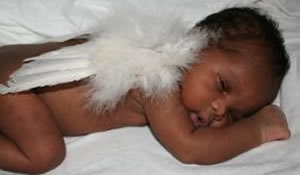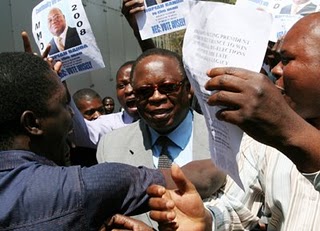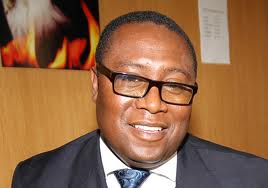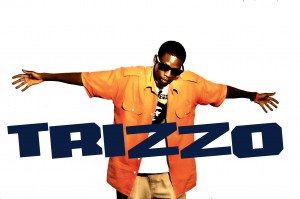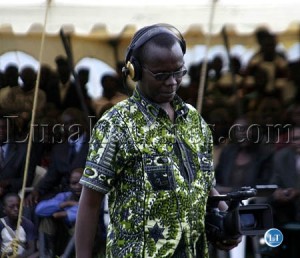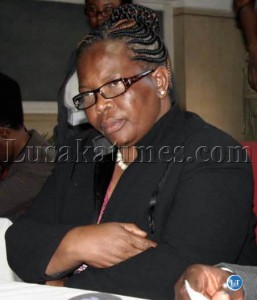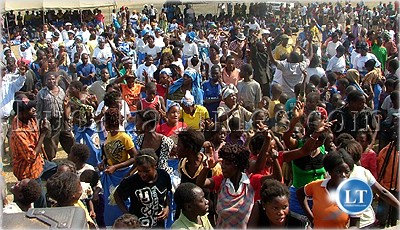 By Gray Soko
By Gray Soko
The size of a political rally is usually taken as a sign of the party’s popularity. Not quite so, say some of our politicians. When Sata drew huge crowds in Western Province some politicians brushed this aside saying people attended the rallies for their entertainment value or for the opportunity to hear some passionate speeches.This especially after the trauma of high handed police action, some called brutality.
Then of course our “national” TV tells us of mammoth rallies where people are eager to hear about the “good development” that has taken place and will take place under RB. Wide-angle pictures of rally crowds are not unusual in the press. I suspect pictures of small audiences which would embarrass the leader or party are suppressed. Small audiences are called sizeable crowds, scores of people etc. There has been deliberate attempts to attract people to rallies by hiring some musical bands. [pullquote]Iam reminded of BY’s impressive rallies and video footage in the 2001 elections and he got only 4.84% of the presidential votes cast or 3.28% of the registered voters.[/pullquote]
An aspiring presidential candidate, Magande, has said he does not believe in rallies as his message may not be well understood, so he prefers small groups or door to door campaigns to put his message across and more importantly get feedback from the people. Guy Scott urges his members to supplement rallies with door to door campaigns. There is obviously a place for rallies in an election campaign. Rallies may sway the undecided voter to join the “mainstream” and also give encouragement to the politician. The politician is also able to address more people at one time than he would have the time and resources to, in small groups.
It would however be folly for the politician to solely view the size of the rally or the intensity of the campaign as an indication of the voter turnout in his favour. Iam reminded of BY’s impressive rallies and video footage in the 2001 elections and he got only 4.84% of the presidential votes cast or 3.28% of the registered voters. In the parliamentary election his party got 5.43% of votes cast or 3.72% of registered voters . If this did not shock him it certainly surprised me.
This is however not to say that this scenario will necessarily be repeated this time round but to emphasize the point that there should be a stronger message to the electorate to turn out and actually vote for their preferred candidates. Whilst show of public support is important it will amount to nothing if the vote is not cast. At this critical time before the election, politicians and other stakeholders should also avoid negative campaigns , intimidation or magnifying isolated incidences of political violence which could result in voter apathy.



